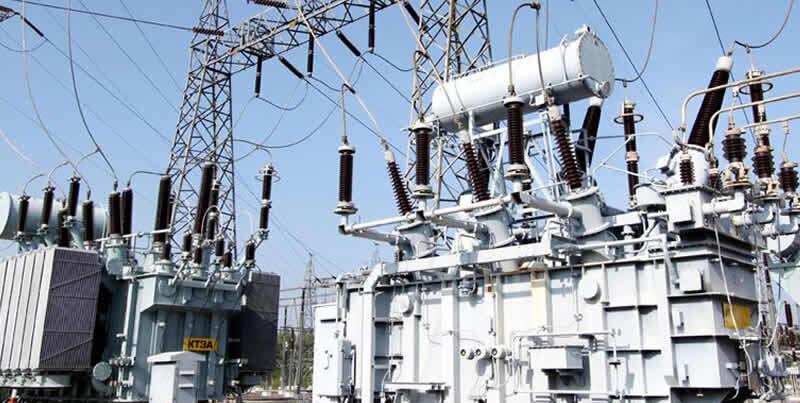The lights went out again. Across Nigeria, cities plunged into darkness, businesses shut their doors, hospitals scrambled for diesel, and households sat sweating in the heat. The national grid collapsed not once, not twice, but with the regularity of a bad joke. And every time it happens, we are told it is a technical fault. Technical fault has become a national anthem. But what is really at fault is a system crippled by neglect, corruption, and a shocking lack of urgency.
Electricity is not a luxury. It is the foundation of modern life. Without it, you cannot run a factory, a school, or even a small business. Yet in Africa’s largest economy, citizens live as if electricity were a miracle. Smaller African countries have now nicknamed us the Generator Republic. A mechanic in Kano spends half his income on petrol for his generator. A tailor in Aba turns away customers when his sewing machines go silent. A hospital in Maiduguri performs surgeries under torchlight. This is not an inconvenience. This is national sabotage.
Nigeria’s grid is a symbol of everything broken about governance. Trillions of naira have been poured into the sector. Endless reforms have been announced. Yet the wires remain fragile, the distribution chaotic, and the generation pitiful. What we have is a power sector in name only. On paper, 13,000 megawatts of electricity. In reality, less than 4,000 on most days. Compare that to South Africa, a smaller economy with nearly 50,000 megawatts. Or Egypt, with 60,000. We are not even in the same conversation.
And what is the cost of this failure? Everything. Investors look elsewhere because no serious manufacturer will bet on diesel forever. Jobs disappear because industries cannot survive in darkness. Inflation soars because the cost of production is unbearable. And ordinary Nigerians, already stretched by fuel price hikes and food inflation, are forced to power their lives with noisy, polluting, wallet-draining generators. We have normalized what should be unacceptable.
The tragedy is not just in the collapse of the grid. It is in the collapse of responsibility. Each new administration promises to fix the power sector. Each new minister gives bold speeches. Yet nothing changes. Nigerians are asked to be patient, to wait for another reform, another privatization, another committee. How many decades must a people wait for light?
The excuses no longer fly. We have sunlight blazing across the north, rivers flowing in the south, wind corridors stretching through the middle belt. We have resources to power this nation a hundred times over. What we lack is leadership that prioritizes light over loot.
The grid collapse should be a national emergency. Instead, it has become background noise. Nigerians joke about it on social media, shrug their shoulders, and move on. But a country that jokes about its darkness will never see the dawn. We must be outraged, not amused. We must demand answers, not accept excuses.
There is no reason Nigeria cannot fix this. Countries with fewer resources have done it. Rwanda, with a fraction of our population, keeps the lights on. Ghana, smaller and poorer, has made huge progress. Even war-torn nations have managed more reliable power than Africa’s supposed giant. So why not Nigeria?
The problem is not the engineers. It is not the workers. It is the leadership that benefits from dysfunction. When power is unreliable, importers of generators and fuel grow rich. When electricity is scarce, the powerful control access like oxygen. Darkness is profitable for a few, while it strangles the many.
The way forward is not another conference or white paper. It is action. Declare a power emergency. Invest in generation beyond the grid solar, wind, small hydro. Decentralize distribution so states can generate and manage their own supply. Cut the monopoly that keeps Nigerians hostage to one fragile national grid. And above all, hold leaders accountable. No more hiding behind technical faults. If a hospital loses power and lives are lost, someone must answer. If businesses collapse because the grid failed, someone must be responsible. Accountability is the missing spark.
We cannot continue to measure progress by promises. Nigerians do not need another target year. They need light today. A government that cannot provide electricity has no business speaking of industrialization, of digital economy, of global competitiveness. Those are fairy tales in the dark.
The power grid collapse is not just a technical failure. It is a moral failure, a governance failure, a betrayal of trust. And every blackout is a reminder that Nigeria is being held back not by fate, not by lack of resources, but by lack of will.
When the lights go out, nations stumble. When the lights stay out, nations fall. Nigeria is standing dangerously close to that edge. And unless we demand light and refuse to settle for darkness, the future will be nothing but shadows.
Stephanie Shaakaa
08034861434



